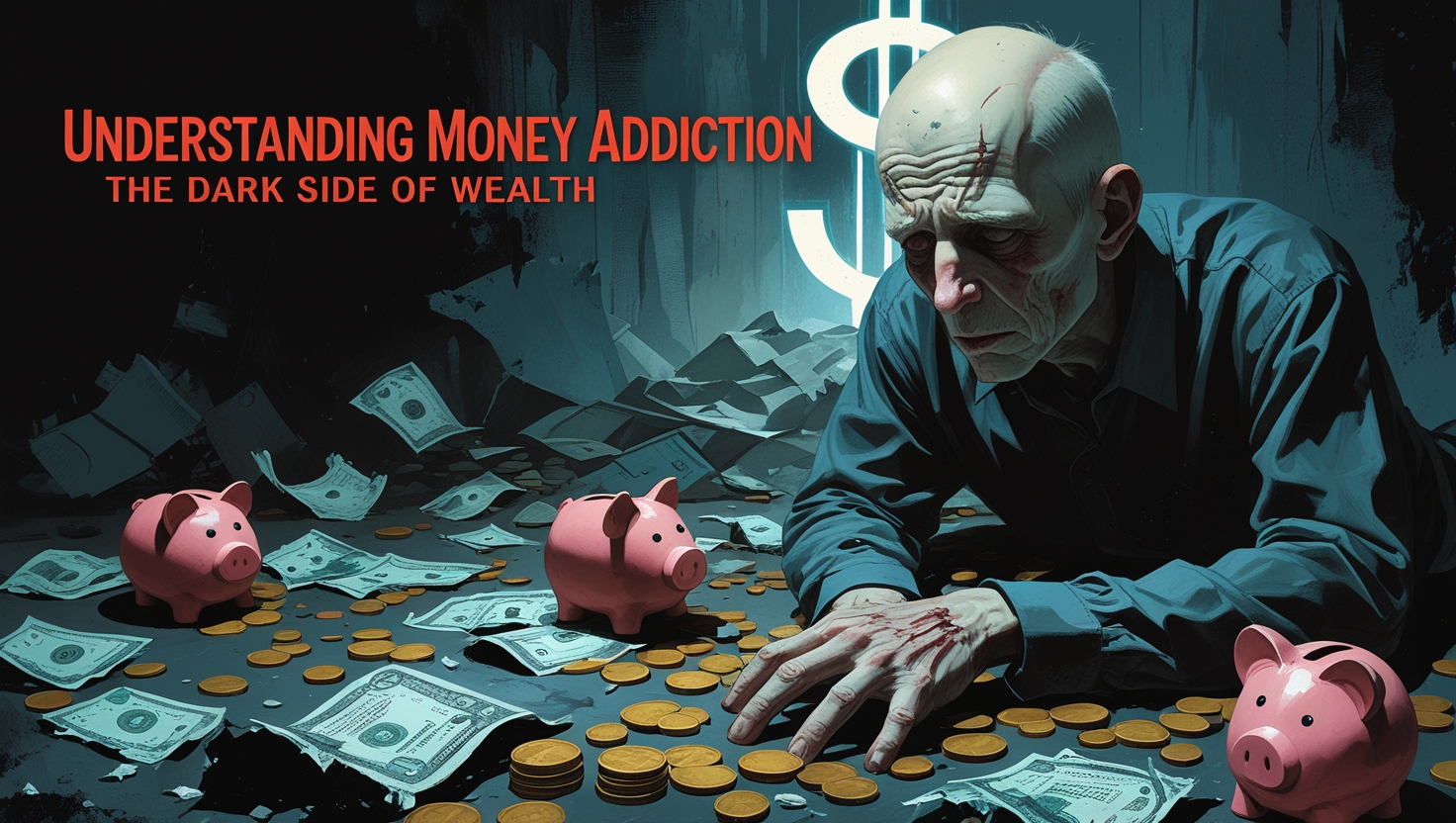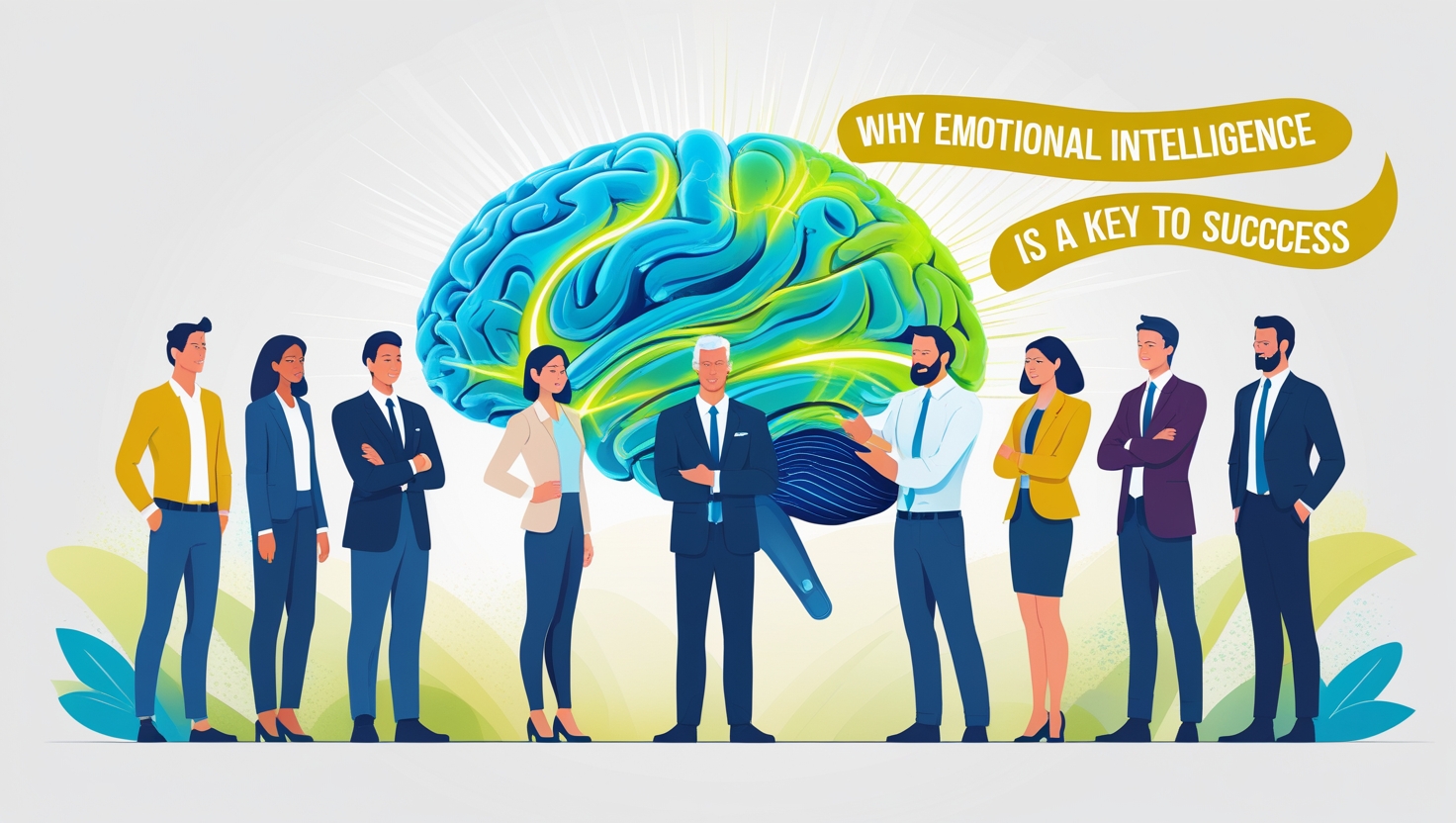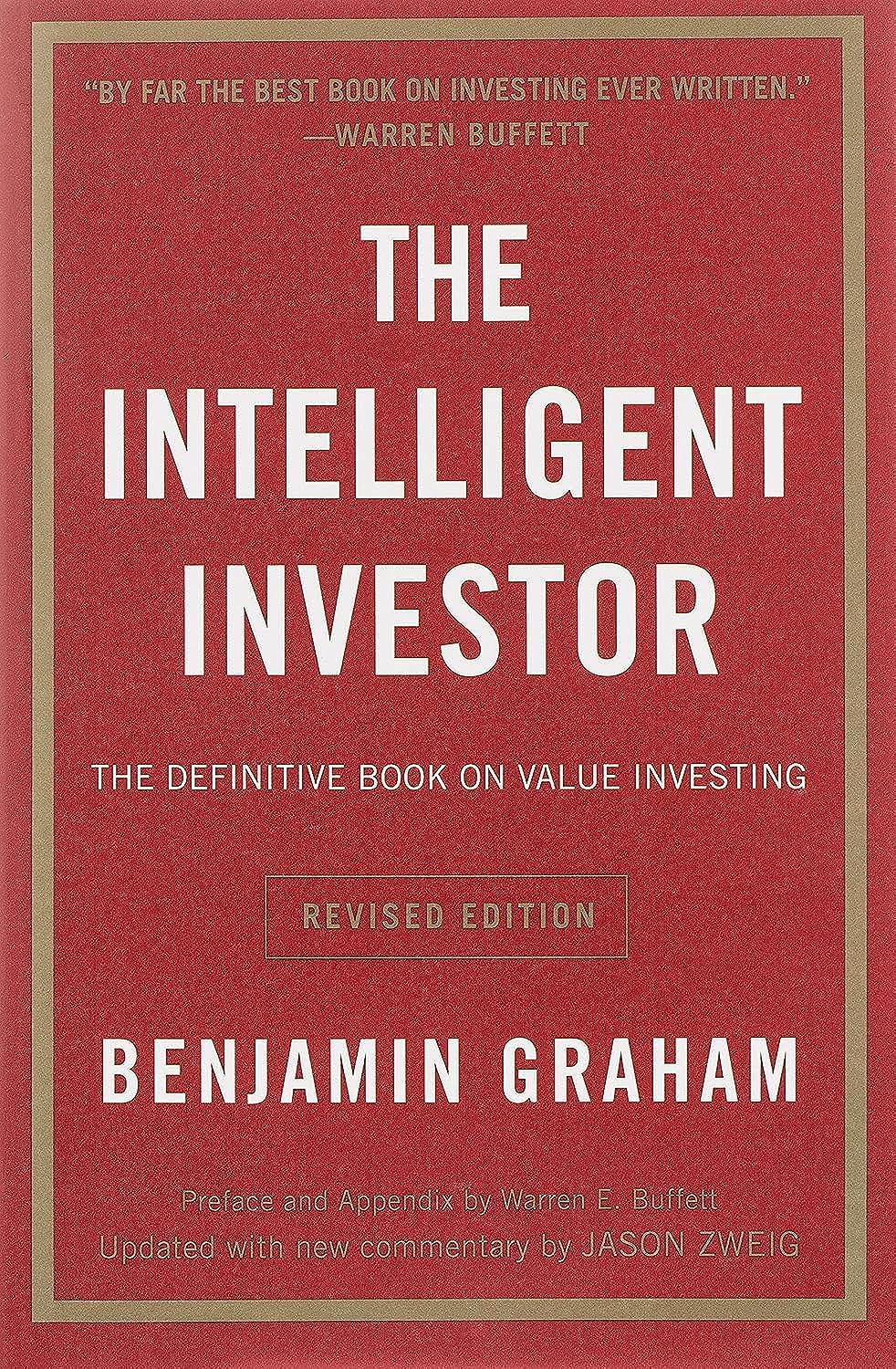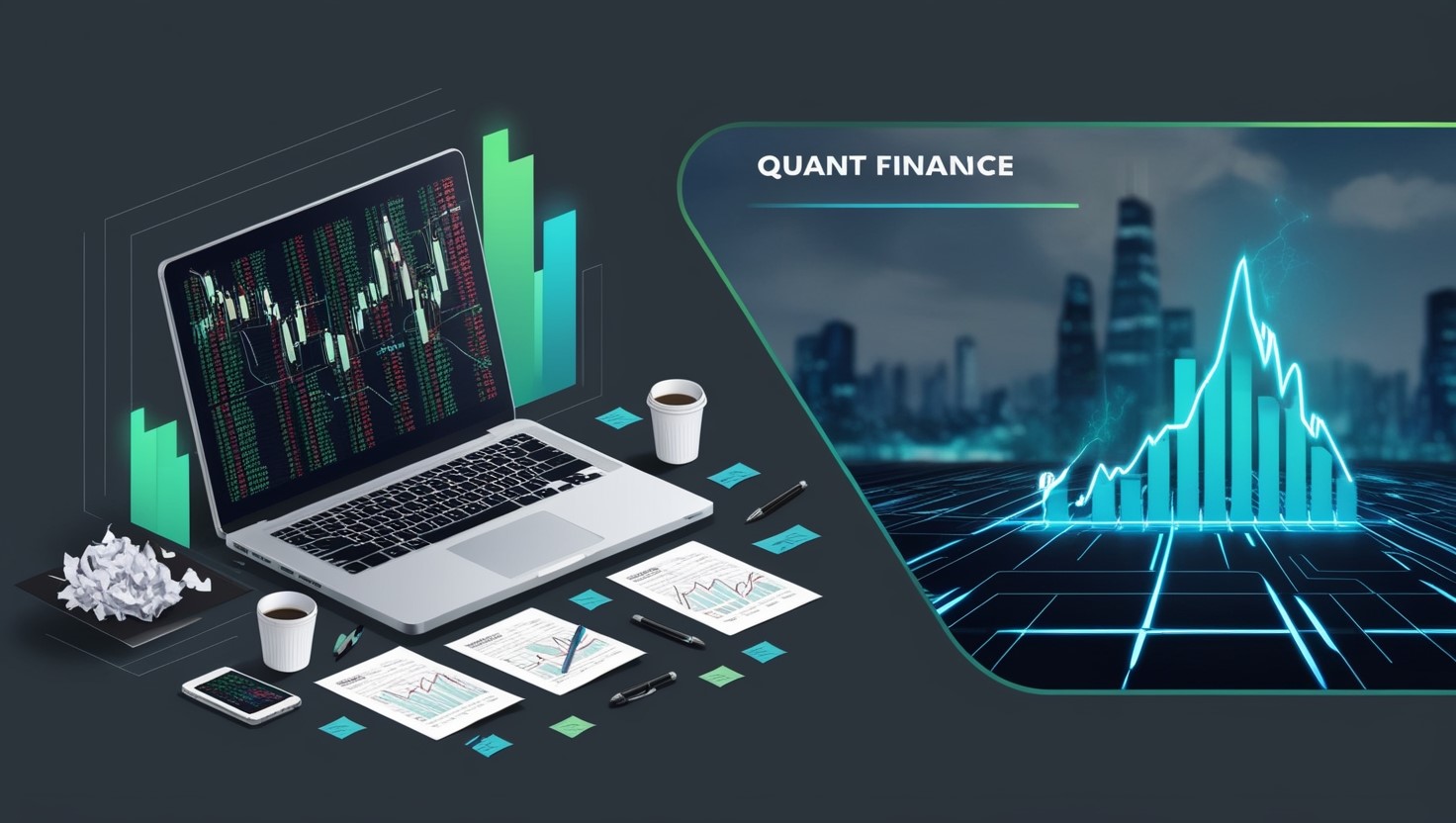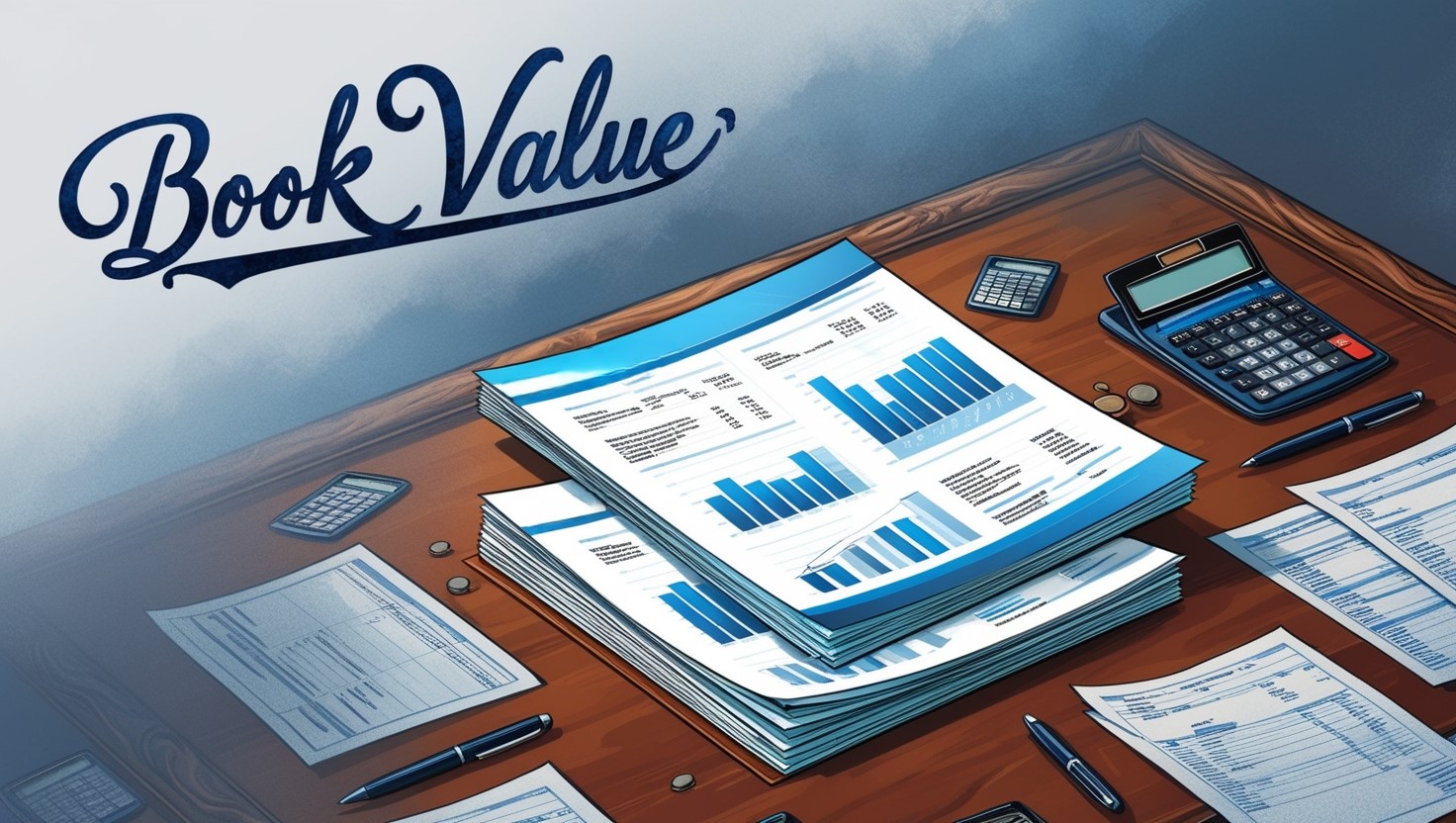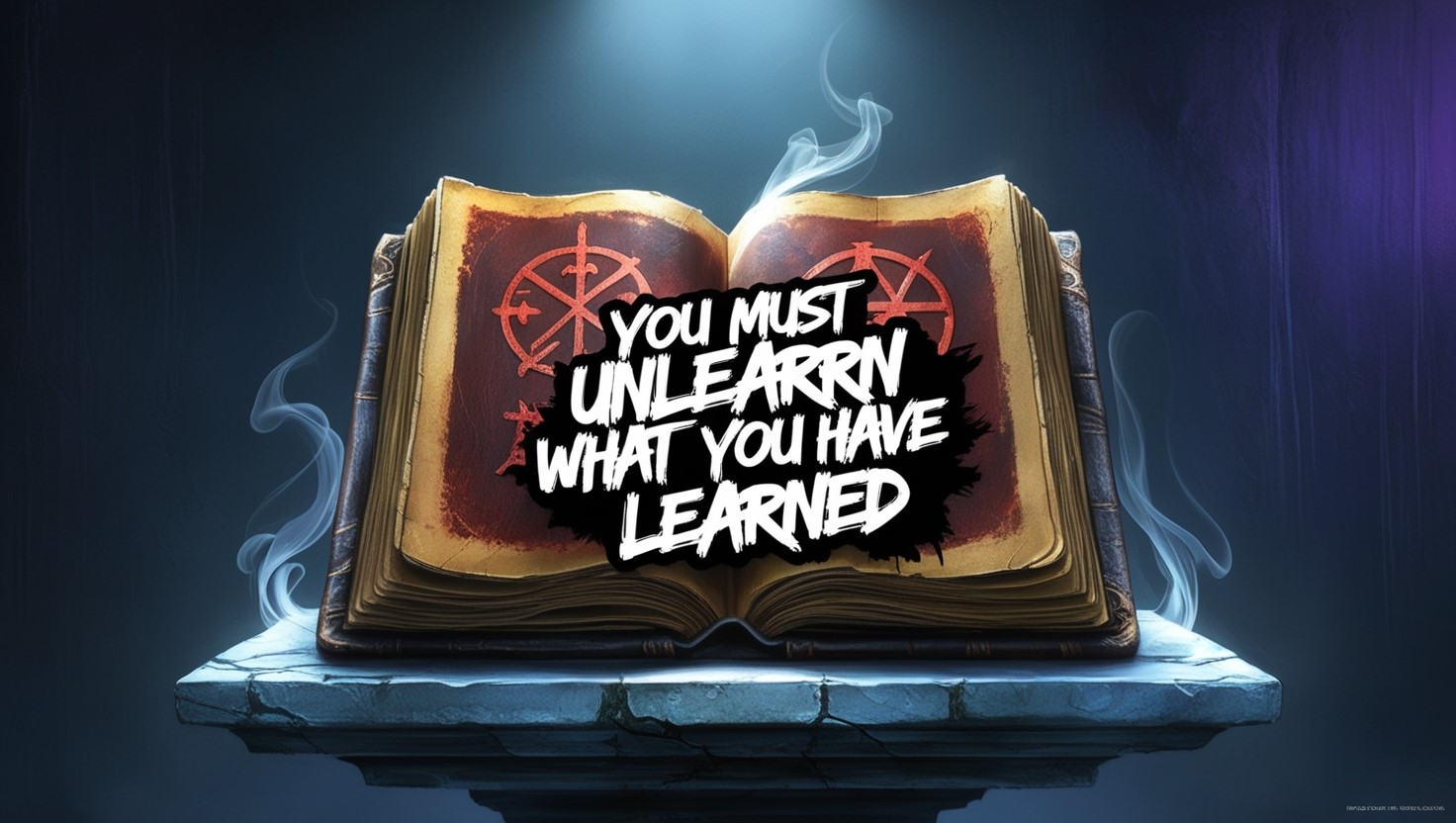The 2008 financial crisis was a wake-up call that rocked the global economy, revealing the dangerous consequences of unchecked risk-taking, flawed financial products, and a lack of regulatory oversight. Through the lens of The Big Short, we gain insight into how a few sharp investors saw the collapse coming while the rest of the world remained oblivious. The aftermath led to widespread economic turmoil, but it also provided invaluable lessons on the importance of transparency, consumer protection, and responsible financial practices. In this article, we dive into the key factors behind the crisis, the role of financial institutions, and the crucial takeaways that can help prevent future disasters.
Category: Insights and Education
Understanding Money Addiction – The Dark Side of Wealth
Money addiction is more than just a desire for wealth—it’s a compulsion that can consume one’s life. It stems from deep psychological factors like low self-esteem, fear of insecurity, and societal pressures to succeed. While the pursuit of financial success can be healthy, when it becomes an obsession, it leads to anxiety, burnout, and fractured relationships. In this article, we explore the signs of money addiction, its devastating effects, and practical steps to break free—ultimately finding true happiness and fulfillment beyond the bank account.
How the Digital Nomad Lifestyle is Changing the Workforce
The digital nomad lifestyle is transforming the modern workforce, offering employees the freedom to work from anywhere while companies tap into a global talent pool. With advancements in technology, flexible work arrangements, and the growing popularity of remote work, both employees and employers are adapting to this new way of working. However, challenges such as legal compliance, time zone coordination, and maintaining company culture remain as businesses navigate this shift. The future of work is becoming more decentralized, global, and flexible, paving the way for an exciting new era in the workforce.
Why Emotional Intelligence Is a Key to Success
Emotional intelligence (EI) is the ability to recognize, understand, and manage our own emotions, as well as the emotions of others. It plays a pivotal role in shaping both personal and professional success. Whether you’re making decisions, handling stress, or building relationships, EI is the key to navigating life with balance and resilience. By developing self-awareness, empathy, and social skills, you can unlock your full potential and achieve success that is both meaningful and sustainable.
Things You Should Know About How Central Banks Control Money
Central banks are essential to managing a nation’s economy. Through their control of money supply, interest rates, and currency value, they regulate inflation, promote financial stability, and foster economic growth. Their tools, including open market operations, reserve requirements, and interest rate adjustments, directly impact everyday life, from borrowing costs to the value of currency in international markets. Understanding how central banks control money helps us grasp the broader economic forces that shape our financial well-being.
‘The Intelligent Investor’: Timeless Lessons for Modern Investors
Discover the timeless wisdom of The Intelligent Investor, where Benjamin Graham teaches us the value of patience, resilience, and disciplined investing. With lessons on value investing, margin of safety, and avoiding speculation, this guide offers modern investors a steady path to long-term success.
Unlocking Quant Finance: How Data-Driven Strategies are Shaping Modern Investing
Quant finance is redefining modern investing with data-driven strategies, advanced algorithms, and machine learning. From algorithmic trading to risk management, discover how quant finance is reshaping the financial world by making investing smarter, faster, and more precise.
Snowball Investing: How Small Investments Grow into Big Wealth Over Time
Discover how snowball investing uses small, steady contributions to build long-term wealth. Learn the power of compounding and the benefits of a simple, consistent approach to reach your financial goals.
What is the Book Value of a Company? How is it Calculated?
Discover how to calculate the book value of a company, understand its significance in financial analysis, and learn how this metric helps investors assess a company’s true worth, beyond stock price volatility.
“You Must Unlearn What You Have Learned”: What Does Master Yoda Mean?
Yoda’s advice to “unlearn what you have learned” holds a profound lesson for us all: by letting go of limiting beliefs and embracing change, we open ourselves to growth, resilience, and the freedom to see life with fresh eyes.

